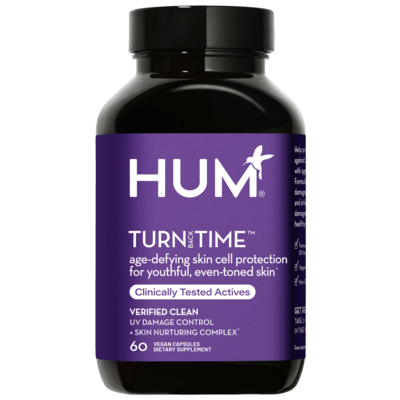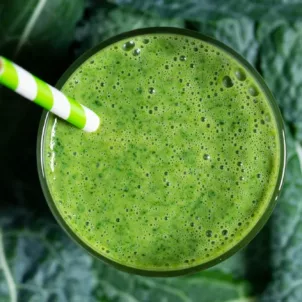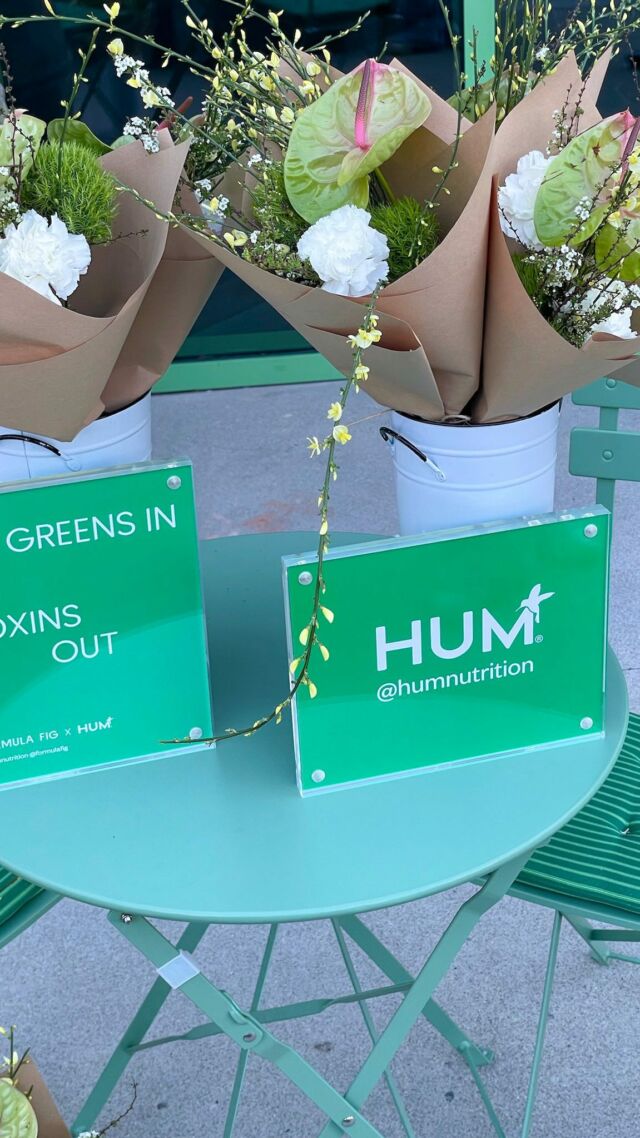9 Benefits of Eating Watermelon That Surprised Us
Chelsey Amer, MS, RDN, CDN, shares the nutritional and health benefits of watermelon—some of which may surprise you.
The sun is blazing, you’re at the beach, the park, or the barbecue, and there’s only one snack that can accompany you. It’s peak watermelon season, and there is no better treat than ice cold watermelon dripping down your chin on a scorching hot day—and your body happens to agree.
After all, did you know that this sweet summer treat is packed with nutritional benefits to help your body thrive?
Let’s take a closer look at the health benefits of eating watermelon.
What are the Benefits of Eating Watermelon?
Aside from its sweet, juicy flavor, there are many other watermelon benefits.
Here are some of the most impressive wins associated with watermelon nutrition.
1. Watermelon Boosts Hydration
Watermelon drips down your chin for a reason: It’s 92 percent water!
This summer fruit is a great example of how you can hydrate your body through food. In fact, most people consume about 20 percent of their hydration needs through foods like watermelon.
Staying hydrated is necessary to have:
- More energy throughout the day
- Better physical performance
- Fewer headaches
- Bowel regularity
Not to mention, hydration is also essential for glowing skin—but more on the watermelon benefits for skin later.

2. Watermelon Fights Inflammation
Watermelon is an antioxidant-rich fruit. Antioxidants in watermelon help prevent cell damage and fight oxidative stress in the body, which is essential to circumvent greater health risks.
Lycopene and vitamin C are two potent antioxidants in watermelon. In fact, watermelon contains more lycopene than any other fruit or vegetable (12.7 milligrams per two-cup serving, according to the Watermelon Board). Impressive, right?
3. Watermelon Supports Fresh, Glowing Skin
Although there’s no single food that can completely turn back the clock, watermelon has many nutrients to help support skin health.
First, vitamin C isn’t just a powerhouse for your immune system; it’s one of the many benefits of eating watermelon for skin. Its rich vitamin C content helps boost collagen production. Without this antioxidant, your body can’t make collagen. (Collagen is a protein in your skin that provides structure and support. So, a lack of collagen in your skin can lead to wrinkles and a loss of elasticity.)
Next, watermelon’s high water content helps you achieve glowing, red carpet-ready skin. Conversely, dehydrated skin appears dull and less plump. Well-hydrated skin helps maintain your skin’s elasticity, too.
Even further, watermelon’s rich lycopene content helps maintain healthy skin. By fighting oxidative stress and inflammation, lycopene helps your skin cells be more resilient and reduce signs of premature aging.
4. Watermelon Helps Protect Against Sunburn
Next, in terms of skin health, there’s another one of the great advantages of watermelon.
Although you should still apply SPF daily, it can help to snack on watermelon when you’re having fun in the sun.Carotenoids found in watermelon, including lycopene and beta-carotene, can help protect your skin from a sunburn. Researchers posit that these compounds help your cells fight UV damage.

5. Watermelon Boosts Your Immune System
No one ever likes to get sick, but that especially rings true in the summer!
Watermelon is an excellent source of vitamin C, providing 25 percent of your daily recommended intake. Vitamin C is one of several immune-boosting nutrients found in watermelon. Further, it’s well-established that vitamin C can shorten the length of a cold.
Moreover, watermelon contains eight percent of your daily recommended intake of vitamin A, which helps support your immune system by enhancing immune cell function.
6. Watermelon Helps Alleviate Muscle Soreness
Thanks to two particular nutrients found in watermelon, it’s a great addition to your post-workout snack.
First, watermelon contains six percent of the recommended daily value of potassium, which can help prevent muscle cramps.
Additionally, watermelon—and specifically watermelon juice—contains the amino acid L-citrulline, which may help alleviate muscle soreness.
Research supports the benefits of watermelon, too. In one study, an hour before exercising, athletes consumed either:
- Watermelon juice alone
- Watermelon juice with added L-citrulline
- A control drink with no L-citrulline
Athletes who drank watermelon juice or watermelon juice with L-citrulline reported less muscle soreness.
7. Watermelon Supports Heart Health
Eating more fruits and vegetables as part of a healthy diet supports heart health. But even further, there are several specific watermelon nutrients that make it a heart-healthy choice.
Thanks to lycopene and L-citrulline, watermelon may help support healthy blood pressure levels. L-citrulline can help boost nitric oxide levels in the body, which relaxes blood vessels and thus reduces blood pressure.
Also, vitamin B6, potassium, and vitamin C present in watermelon are all good for your heart.

8. Watermelon Promotes Regularity
Thanks to its hefty water content and (albeit small amount of) fiber, watermelon can support digestion and bowel regularity.
First, water helps your stool move efficiently through your colon. For that reason, regularly eating water-rich fruits and vegetables—including watermelon—can aid digestion.
Then, fiber adds bulk to your stool to keep things moving through your digestive tract.
9. Watermelon Can Encourage Eye Health
It’s not necessarily jam-packed with vitamin A, but watermelon supports eyesight by maintaining clear corneas and allowing us to see a full spectrum of light. Watermelon is a solid source of beta carotene (with over 450 milligrams in a one cup serving), a carotenoid that the body uses to convert to vitamin A.
In addition, watermelon has lycopene in it, which may potentially help prevent certain eye disorders, including macular degeneration.
The Takeaway
As we can see, the benefits of eating watermelon every day in the summer are plentiful and wide-ranging, as this incredible summer fruit is packed with nutrients. You can obviously snack on a wedge of watermelon by itself, but you can also incorporate it into meals. Why not try it in a salad (with feta cheese and mint!), in a fruit smoothie, or in this balsamic-drizzled watermelon pizza recipe?!
Now, for the last of the benefits of watermelon: Did you know that it’s also quite sustainable? That’s because you can use the entire fruit, including the rind, another reason why you should eat watermelon. Try pickling it!
Lastly, to get the best watermelon on the market, look for a firm, heavy watermelon without obvious bruises or dents.









